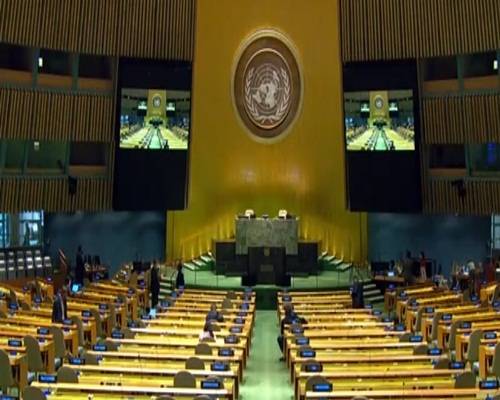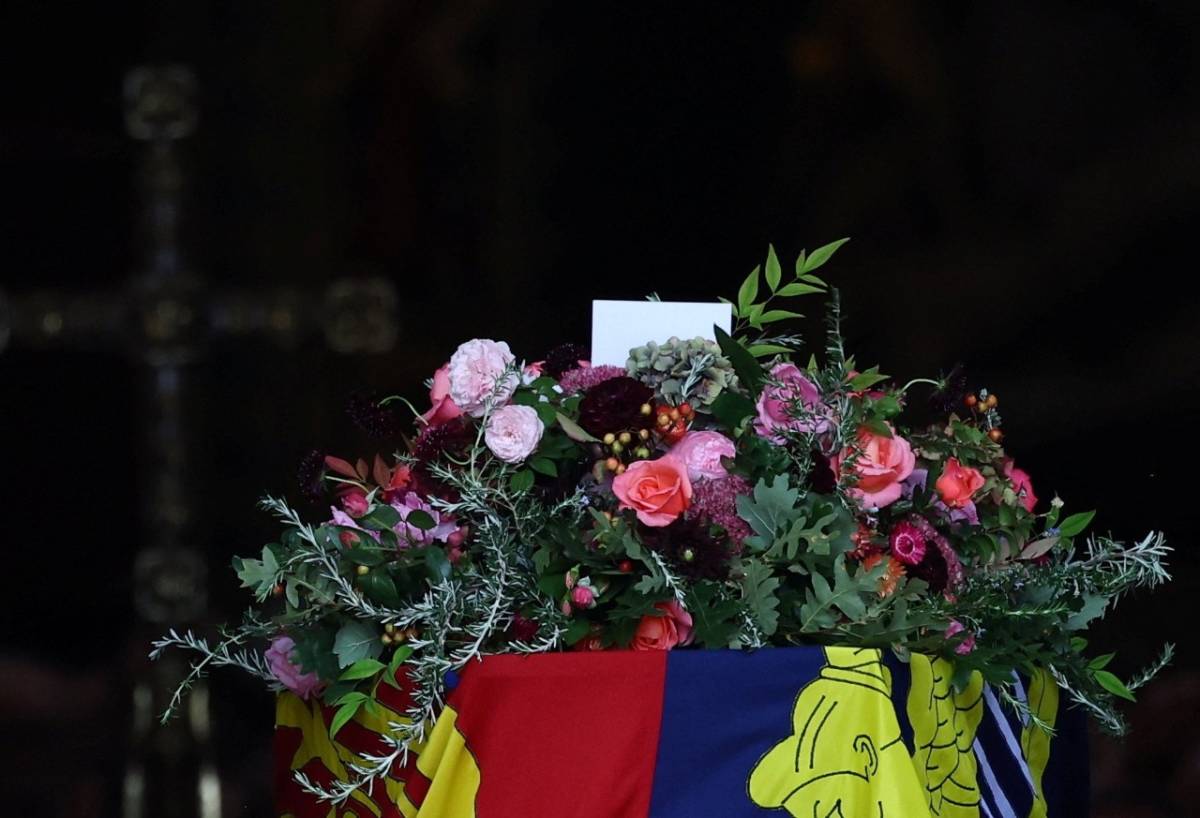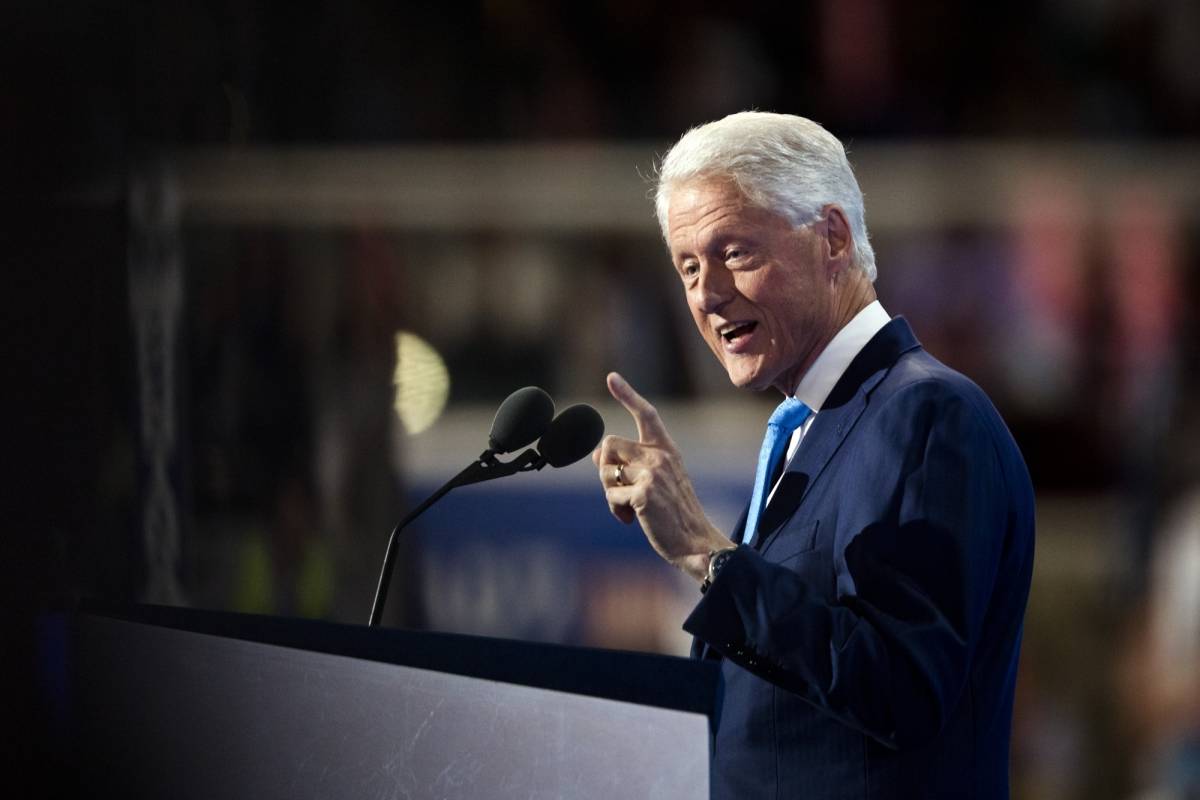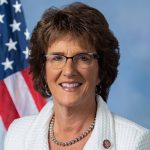A Watershed Moment: Transformative Solutions to Interlocking Challenges, is the theme of the meeting encapsulating the problems and promises, reports Arul Louis
World leaders begin their high-level meeting of the UN General Assembly (UNGA) on Tuesday under the dark clouds of global polarisation, Russia’s invasion of Ukraine, food and energy crises, economic problems and natural disasters grasping for silver linings of hope.
“A Watershed Moment: Transformative Solutions to Interlocking Challenges”, is the theme of the meeting encapsulating the problems and promises.
Looking at solutions – especially the intractable deadlock at the Security Council – reform of the Security Council is expected to get renewed attention during the meeting.
It will be high on India’s External Affairs Minister S. Jaishankar’s agenda when he meets with leaders from around the world and when he participates in two meetings focused on the reforms.
Giving the efforts a boost, the US has signalled that President Joe Biden will present new ideas for moving the stalled reform process forward and hold wide consultations about it.
Prime Minister Narendra Modi is not attending the meeting this year and Jaishankar is scheduled to speak for India on Saturday.
About 150 heads of government or state are expected at the meeting formally known as the general debate of the Assembly that is held amid high security.
Setting the mood for the meeting, Secretary-General Antonio Guterres in his opening address to the assembled presidents, prime ministers, royalty and ministers is expected to outline the problems but also signal optimism.
His Spokesperson Stephane Dujarric said, “You can expect the Secretary-General to deliver a sober, substantive and solutions-focused report card on the state of our world where geopolitical divides are putting all of us at risk.”
“There will be no sugar coating in his remarks, but he will outline reasons for hope,” he said.
As the world emerged from the worst of the Covid pandemic, the high-level meeting is taking place in-person after two years – it was all virtual in 2020 and hybrid 2021.
But it has met head-on another crisis, Russia’s invasion of Ukraine and its fallout are likely to figure in some form in the speeches by the representatives of 193 countries during the six days of the high-level meeting that stretches into next Monday.
Any relief from the waning of the Covid pandemic from its horrific effects have been offset by the economic crisis and the threats of famine spawned by the war.
Although his country will be much-discussed, Ukraine’s President Volodymyr Zelensky will not be there but the Assembly has given him special permission to speak through a video link at the meeting where all countries are to attend in person.
Russia’s President Vladimir Putin will not be there, either in person or virtually, but will cast a dark shadow over the meeting.
While the world is focused on the war, which is a failure of diplomacy and UN’s role in maintaining peace, Guterres is expected to highlight one victory: the intense diplomacy that led to the agreement to allow shipments of foodgrains from Ukraine to countries in Africa threatened with starvation.
In a departure from tradition, Biden is pencilled in to speak on Wednesday because he was away in the UK for Queen Elizabeth II’s funeral on Monday.
Customarily the president of Brazil is the first leader to speak, followed by the US president but this time, Jair Messias Bolsonaro will be followed by Senegal’s President Macky Sall.
Turkey’s President Recep Tayyip Erdogan and Franceaes President Emannuel Macron are among the speakers at the morning session.
China’s President Xi Jinping is among notable absentees at the high-level meeting.
Fom South Asia, the wo newly elected leaders of troubled countries, Pakistan’s Prime Minister Shehbaz Sharif and Sri Lanka’s President Ranil Wickremesinghe are among the scheduled participants along with Prime Ministers Sheikh Hasina of Bangladesh, Sher Bahadur Deuba of Nepal and Lotay Tshering of Bhutan.














